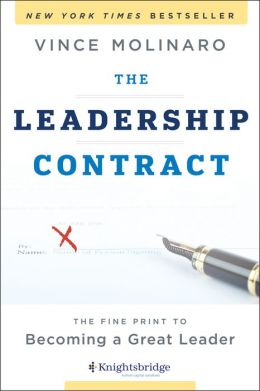 Conscientious providers get tied in knots balancing patient interests and healthcare sustainability.
Conscientious providers get tied in knots balancing patient interests and healthcare sustainability.
We worry that Medicare won’t have money for the care patients need.
As the point of access for many patients, emergency providers feel pressured to manage system costs and make up for inefficiencies elsewhere, by putting costs before patient interests.
This has to stop.
Backup?
Those who congratulate your parsimony disappear when you get sued for not ordering enough tests, providing enough care, or making patients wait.
After a medical disaster, you get no official support acknowledging overcrowding created an environment for bad outcomes.
Providers experience heart-wrenching cases: mothers dying shortly after childbirth, toddlers who choke to death, kids clipped in traffic walking to school.
Sick patients create bad outcomes.
Sick patients require split second decisions that lie naked to dissection from the armchair of retrospect.
Emergency departments get ‘helped’ with hours of meetings and external reviews from one bad outcome, but no one – not one single person – wants to discuss egregious overcrowding and unconscionable waits that often play the major role in terrible outcomes.
No one.
Societal conscientiousness needs to be matched with our system leaders’ passion for change. If bureaucrats want decreased emergency department use, they need to work on system redesign such that patients are attracted to seek care elsewhere.
Emergency providers should not bear the responsibility of rationing care for the whole system.
Focus on Patient Interests
Paradoxically, abandoning obsession with system citizenship ends up refocusing providers on patient interests. It’s the first step to creating a more efficient emergency department. Costs per case goes down, patients’ length of stay plummets, and adverse outcomes decrease. EDs function best when we focus on patient interests and ignore fiscal/system peer pressure at the front line.
So, banish guilt. If it will help your patients, order tests liberally, welcome them back for care, and put patient interests first. It will improve the system for patients.
Have you tried to be a good citizen and avoided ordering a test? Have patients ever come to harm as a result? Please share your thoughts below.
(photo credit: network.mcmaster.ca Check out McMaster’s post on Geriatrics training.)
 Vince Molinaro wrote a short leadership book called, The Leadership Contract: the fine print to becoming a great leader. Wiley, 2013. It’s a quick read, full of great bits of wisdom. I liked his list called ’10 Ways Leaders Make the Hard Work Harder.’
Vince Molinaro wrote a short leadership book called, The Leadership Contract: the fine print to becoming a great leader. Wiley, 2013. It’s a quick read, full of great bits of wisdom. I liked his list called ’10 Ways Leaders Make the Hard Work Harder.’
